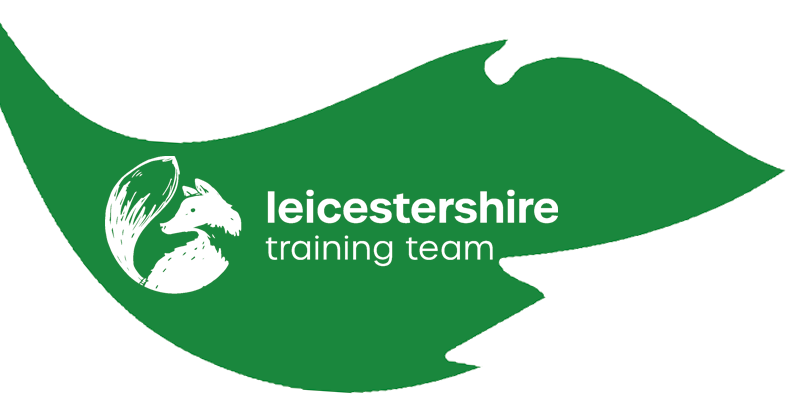How to Write a Reflective Account
Posted on 3rd February 2022
If you want to continue working as a nurse in the UK, there's one thing you legally have to do; and that is remain on the NMC's register. The NMC (Nursing & Midwifery Council) are the only register in the UK for nurses & midwives, if you're not on the register, you can not legally practice.
Every three years the NMC are asking people to revalidate. This includes reflective accounts and a reflective discussion, but what does this mean?
In this article, we cover all you need to know including (click the sentence to head straight there):
Lets get straight to it!
What is a reflective account?
A reflective account may seem much more complicated than it actually is. Ultimately its a set way to use your experience to improve your future decisions. For example, if we reflect about how we carried out catheter care, we will look at all the elements that we undertook, such as applying gloves and speaking to our service user. By doing this, we can look at the service user experience, how we felt during the care intervention, and if we could do anything to improve our standard of practice next time round.
The NMC (Nursing and Midwifery Council) expect you to write about:
an instance of your CPD (continual professional development), for example during a training session,
a piece of feedback you've had about your practice, for example if a patient wasn't happy about your care,
an event or experience in your own professional practice, for example a cardiac arrest which you were involved in.
In all instances of your reflective accounts, you must relate it to the NMC Code of Conduct. A link to the NMC Code of Practice is here: NMC Code of Practice
How Do I Write A Reflective Account?
There are three main elements to writing a reflective account, these are:
The content - what happened for example an incident, a clinical intervention, a training session
How this changed or improved your practice - highlight what you've learnt through this experience
How this change relates to the NMC Code of Practice - for example it has highlighted how you should prioritise people, respect people's rights or meet people's needs holistically.
It's important to write about a real experience and one you can remember well. This will lead you to be able to full reflect on what happened. You don't necessarily have to write a background to the event, but you do need to write enough so the confirmer reading it understands the context of the event.
Often it's good practice to sit and think, or take a walk and think, of five situations over the past 3 years that stick out in your mind. Writing down these situations and writing down notes prior to completing the reflective account will help you focus on what you want to write.
Another very important aspect to the reflective account is maintaining anonymity. Please do not write people's names, dates of births or anything that can be used to identify someone. You don't need to record the hospital, care home or address where the event took place either. Simply writing the context, for example: 'while I was at work on a ward, I was undertaking venepuncture on a patient'. This allows the confirmer to understand the context without reveling any personal information.
The reflective account form found here on this link: Reflective Account Form, helps you focus on what to write about. It highlights what the context of the reflection is, what you learnt, how this improved your practice and how it relates to the NMC code.
How Often Should I Write A Reflective Account?
Although the NMC only require you to record five reflective accounts every three years, it's important to remember that the NMC can ask you to produce your revalidation information at anytime. If you've completed two revalidations, you should have ten reflective accounts ready to upload or email to the NMC.
It's seen as best practice to complete a reflective account whenever you have had an opportunity or an experience to reflect upon. This may result in you completing a reflective account once a month, or sometimes a few a week depending on whats happening within your practice.
Ultimately, the reflective accounts are not for the NMC, they are for you. They are there for you to review your own practice to improve it and therefore improve your own and the patient's safety and experience.

How Long Should They Be?
The NMC have not detailed exactly how long a reflective account should be, however they do state that:
'These accounts don't need to be lengthy or academic-style pieces of writing. You can simply note down what you learnt, how it improved your practice, and how it relates to the Code.'
This allows you to judge for yourself. Like we noted earlier, these reflective accounts are not for the NMC in reality, they are for you. If you feel your reflective account on a particular event needs to be a page or two, then do that. If you feel that another event doesn't need to be much more than one hundred words, then that's fine too. As long as you ensure you've got the information you need and the information the reflective form requests, this is enough.
How Do I Have A Reflective Discussion?
The NMC have stated that you should have your reflective discussion with another person on the NMC register, whether this is a nurse, midwife or a nursing associate. This conversation should be done ideally face to face or over Zoom or MSN Teams. In the best case scenario, the person should also understand your line of work. If this is not possible someone else can do the reflective discussion. For example a nurse can do a reflective discussion with a midwife. The person doing the reflective account with you should not be subject to a NMC suspension, removal or striking-off order at the time of the discussion. Finally the person should not be charging for the service. Although we have a revalidation package where you can receive help with your reflective accounts and your reflective discussion, the reflective discussion itself is free of charge to fit in with the NMC requirements. To view our revalidation packages click the link here: Revalidation Packages
Given this, the first step to have a reflective discussion is to find people on the NMC how work with you and check the register to ensure they are fit to undertake your reflective discussion. Once this has been done, you can organise a date and time with them to meet face to face, or via a virtual face to face platform, to have your discussion.
As with the reflective account, it's important that the reflective discussion is completed on the NMC Reflective Discussion Form, found here: NMC Reflective Discussion Form.
The reflective discussion should look at the following elements:
The Principles of Reflection. This means the person discussing the reflections with you should look to see what you've learnt and how it will improve your practice.
If you have completed all 5 reflective accounts on the NMC reflective account form. All five reflective accounts must be reviewed and discussed during this reflective discussion.
If the reflections contain sensitive information that can identify an individual. If so, you maybe asked to remove this information.
If your reflections relate to the NMC Code of Practice, and how these relate to the code.
If the person feels you have done enough reflecting to pass the reflective discussion. It is up to the person you are conducting your reflective account with to decide if you've done enough. This will depend on how you've related the reflection to improve your practice and related it to the NMC Code.

We hope this has been useful for you and answered any queries or concerns you've had about the the NMC reflective account process.
Free feel to check out our other blogs for more information about a whole range of topics.
Our Full Support Revalidation Package

If this is your first time revalidating, it's important to ensure you get it right. It could become a big problem if not. With our full support package, we offer what we say, support with every aspect.
Continuing Professional Development Revalidation Package

Have you gained 35hrs of CPD training in order to revalidate? If not, you'll need some help! Click below for more information.
Documentation & Confirmation Revalidation Package

After all the effort of ensuring you've worked enough hours, you have done enough training, you've reflected and got insurance, its cruical you get a confirmer to sign you off. Click below to find out how we can be your confirmer.
Share this post:







